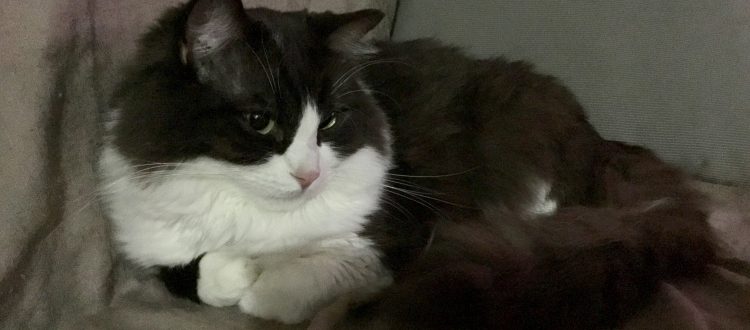
Most of us consider pets to be part of the family and, in return, having a pet has been shown to have positive health benefits. Studies show owning a pet can reduce stress, increase rates of exercise and even reduce the incidence of allergies and help strengthen the immune system in children exposed to pets in early childhood.
62% of Australian households have pets, giving us one of the highest rates of pet ownership in the world. According to a survey by Animal Medicines Australia, 33% of households have cats.
But despite these benefits we need to be aware that our pets can share more than love with the rest of your family. Pets can carry bacteria, viruses, parasites and fungi which can be transmitted to humans, especially young children, through bites, poop, saliva or dander.
Here are some tips about avoiding infections from your cats.
- Firstly always take your cat for regular health check ups with you vet and make sure they are fully immunized, wormed, and have had flea and tick treatments.
- Try to keep cats out of areas where you are preparing food, especially kitchen benchtops. As always, wash you hands with soap and dry thoroughly before handling food and after handling your cat, their food or toys.
- Don’t let your cat lick or take food from your plate.
- Responsible pet ownership involves a lot of picking up poop which can transfer germs to your hands. Always wash your hands after cleaning out cat litter.
- Cats may pass on salmonella infections if they eat raw meat or eat wild birds or animals. It is best to feed them commercially prepared food and try to keep them inside.
- They can also pass on the infective stage of toxoplasma parasites that can be particularly risky for pregnant women and their unborn babies, and people with weakened immune systems. Try to avoid cleaning out litter trays if you are pregnant and empty litter trays daily as the parasites in the cat’s faeces don’t become infectious until 24 hours after being excreted from the cat.
Find out more about Food safety and pets
